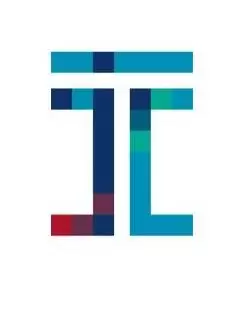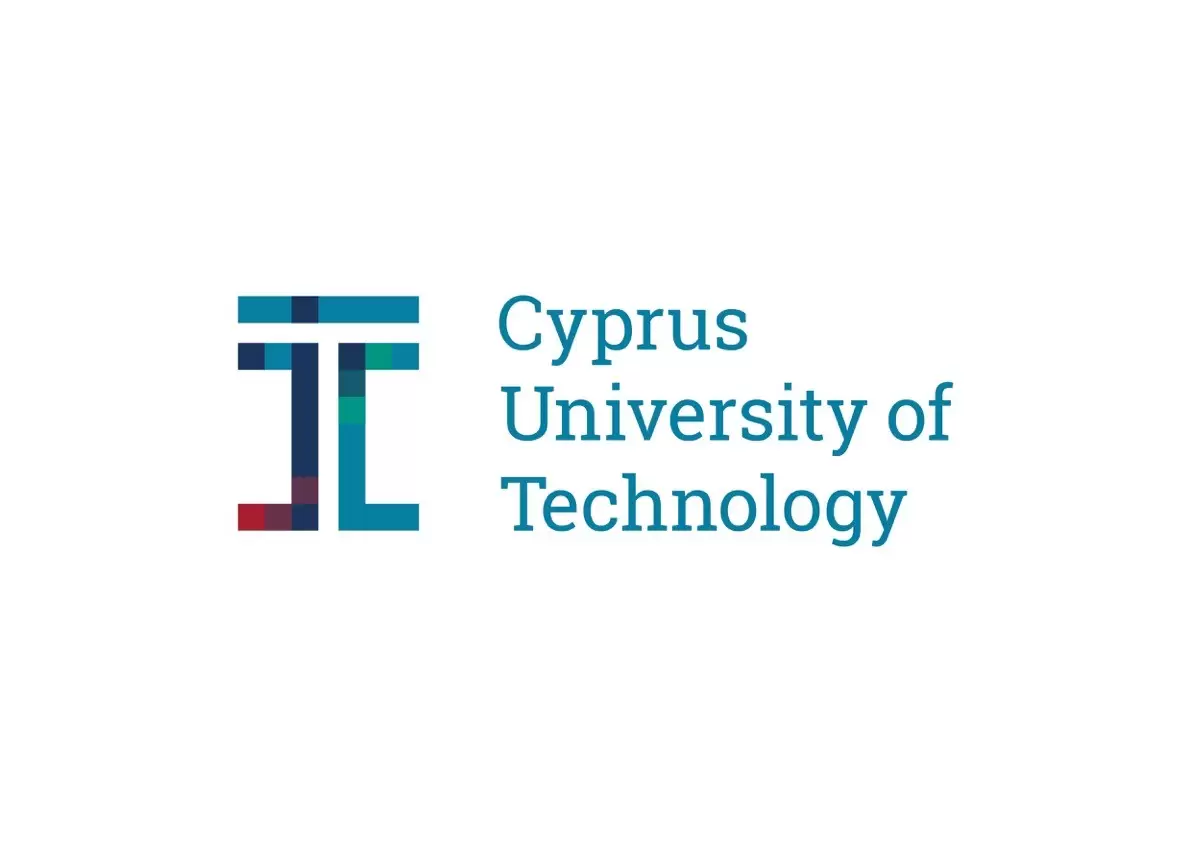MSc Interaction Design

ΜΕΤΑΠΤΥΧΙΑΚΟ
ΔΙΔΑΚΤΡΑ: 7500€
ΔΙΔΑΚΤΡΑ:
ΠΡΟΚΗΡΥΞΗ: Ανενεργή
ΠΡΟΚΗΡΥΞΗ: Ανενεργή
ΔΙΑΡΚΕΙΑ: 24 μήνες, 48 μήνες
ΠΟΛΗ: Εξ αποστάσεως
ΣΠΟΥΔΕΣ: Full time/Part-time

MSc Interaction Design is an online degree offered by the Cyprus University of Technology & Tallinn University in English.
The MSc in Interaction Design is a full-time and part-time postgraduate programme that equips its graduates with marketable skills in design, technology, and theory as related to the domain of Interaction Design, User Experience and Human-Computer

From Cyprus and Estonia
The MSc in Interaction Design is offered by two Universities bringing together an impressive experience and knowledge in Interaction Design, Human Computer Interaction Design and Online Learning.
Designed to run online
The course is offered fully online in English. The course provides access to Google’s online learning suite for students internationally.
Available full & part-time
The course is flexible to your varying needs and other life commitments. Therefore it is offered full-time and part-time and you can switch between the two or postpone throughout the course.
Emphasis on practice-based teaching
All course modules are provided with an emphasis on practice-based learning through research, design and implementation of different individual and collaborative projects.
https://youtu.be/4zrjtYZhfDk
The Course
There is a continuous demand for passionate, creative experts, especially in the fields of Interaction Design, User Experience and Human Computer Interaction (HCI). The program equips its graduates with immediate marketable skills in design, technology, and theory as related to the domain of Interaction Design, User Experience and Human-Computer Interaction.
Interaction Design shapes the experiences of people as they interact with products in order to achieve their goals and objectives. Interaction designers define product behaviour, mediating relationships between people and people, people and products, people and environments, and people and services across a variety of social, cultural and technological contexts.
Our graduates can pursue careers as Content Strategists, Creative Directors, Creative Technologists, Design Strategists, Developers (front-end or back-end), Information Architects, Interaction Designers, Mobile Designers, Service Designers, Usability Specialists, User Interface Designers and many more.
Our graduates have excelled as entrepreneurs and have been prepared for self-employability through successful pitching and presentation of their ideas and work to professional and public bodies as well as pursued suitable funding opportunities.
EU Digital Agenda
This course differentiates itself from other Interaction Design and HCI programs by addressing worldwide and European Union’s priorities as highlighted by the EU’s Digital Agenda.These are:
- e-Inclusion, as reflected by the European Commission’s view on the role of eGovernment, eHealth and eInclusion domains in sustainable human development
- e-Accessibility, which targets the removal of the barriers encountered when trying to access and use digital media products, services and applications
- e-Services, which reflect the recognition of information technology as a powerful tool for accelerating economic development, whose benefits include accessing a greater user base, broadening reach, lowering of entry barrier to new domains and cost of acquiring new audience, alternative communication channel, increasing services to enhancing awareness and perception, gaining competitive advantages and potential for leveraging knowledge.
Term 1: Fall Term (September-December) courses
- MGA 676 – Design Theory and Methodology (4 ECTS)
- MGA 674 – Research Methods (6 ECTS)
- IFI7316.DT – Foundations of HCI (6 ECTS)
- MGA 685 – Prototyping (4 ECTS)
- MGA 671 – Interaction Design Methods (4 ECTS)
- IFI7330.DT – Individual Subject (6 ECTS)
MGA 676 – Design Theory and Methodology (4 ECTS)
The goal of the module is to provide an overview of design research methods and their applicability in HCI projects. The module focuses on the fuzzy front-end of the design development process. During the module, students will conduct design research projects in order to identify opportunities for interfaces, services or products which will be developed within the chosen courses of the HCI master’s programme (e.g. Interaction Design Methods).MGA 674 – Research Methods (6 ECTS)This module aims to educate students on how to write a research plan and proposal, how to formulate research questions and choose appropriate methods. Classification and main features of research approaches/ methodologies and methods. Overview of research designs for empirical and design research: experiment, survey, grounded theory, case study, action research, evaluation research. The following activities are covered: designing controlled experiments, designing questionnaires, conducting interviews, analyzing verbal data, analyzing transaction logs. The module consists of seminars where students are expected to be actively involved. In addition every student must submit home assignment, which consists of three parts and covers all methodological aspects of the research project.
IFI7316.DT – Foundations of HCI (6 ECTS)
Introduction to HCI covering the field’s genesis and evolution, contemporary trends, cognitive modelling, distributed cognition, situated action, ethnography and ethnomethodology, CSCW related theories and frameworks, activity, grounded and hybrid theories, turn to Design and Culture, turn to the wild, and embodiment.IFI7180.DT – Prototyping (4 ECTS)The goal of the module is to introduce the process of designing, developing evaluation prototypes to students. This module deals with: Explorative, experimental and evolutionary prototyping, Horizontal and vertical prototyping, Low and high fidelity prototyping, Design patterns and Inspection and empirical evaluation methods.MGA 671 – Interaction Design Methods (4 ECTS)Introduction to interaction design, personas, scenario-based design, involving stakeholders in the participatory design process, concept mapping, user stories, low fidelity prototyping techniques: paper prototyping and wireframes, testing the paper prototypes, user interface design patterns, user interface prototyping: tools and techniques, and developing user interface prototypes.IFI7330.DT – Individual Subject (6 ECTS)The aim of individual studies is to gain systematic knowledge about specific problems in the area of specialisation and not contained in the curricula or deal with individual research. The list of topics, learning materials used and regulations related to study and assessment are determined by the supervisor and curricula coordinator. If accepted by the curricula coordinator, a regular course at the home university or at some other university can be taken.
Term 2: Spring Term (January-June) modules
- IFI7329.DT – Universal Design (6 ECTS)
- IFI7160.DT – Current Topics in Human-Computer Interaction (4 ECTS)
- IFI7309.DT – Development of Interactive Systems (4 ECTS)
- IFI7310.DT – User Experience Evaluation (4 ECTS)
- MGA 686 – Field Research Methods (4 ECTS)
- MGA 675 – Practice (6 ECTS)
MGA 677 – Universal Design (6 ECTS)To provide the student with a critical understanding of design for all principles and the latest practices with respect to a range of current and novel ICT solutions. To provide the student with a real world understanding of the complex needs of older and disabled people when using ICT and people who use assistive technologies. The module covers the following topics: Key principles of universal design; National and international level guidelines of best practice, standards and recommendations (as applied); User diversity; Knowledge of stakeholders (marketing, software developers, designers, engineers); Research paradigms (e.g. participatory design, inclusive design).IFI7160.DT – Current Topics in Human-Computer Interaction (4 ECTS)This module covers current research trends in Human-Computer Interaction. We use a mix of recent book chapters and papers from conferences and journals of the last few years to give you an idea of the hot topics that are being worked on in the international research community.IFI7309.DT – Development of Interactive Systems (4 ECTS)This module aims to provide students with the skills necessary for developing interactive systems for supporting private, semi-private, and public interactions and their different combinations. The course will have a strong focus on developing distributed user interfaces based on design patterns. The module introduces the building blocks required for developing interactive systems, foundations of developing distributed user interfaces, integrated development environments, UI development toolkits, and source code version control.IFI7310.DT – User Experience Evaluation (4 ECTS)The goal of this module is to highlight the experiential, affective, meaningful and valuable aspects of human-computer interaction as a complement to pragmatic attributes such as utility, ease of use and efficiency of the system. During this module student will be familiarised with user experience evaluation methods, tools, metrics and criteria.MGA 678 – Field Research Methods (4 ECTS)This module aims to explore and practice research methods in relation to the constraints of actual workplaces, thus enabling students to gain first-hand experiences on the applicability and feasibility of particular methods beyond lab research. This includes: a review of cost-effective approaches and methods for data gathering in the field and an overview of contextual constraints for conducting applied research in industry. The module consists of a series of seminars in the first half of the semester where students are expected to be actively involved. In addition every student must conduct an individual field research project.MGA 675 – Practice (6 ECTS)The main purpose is to expand the depth and breadth of your academic learning in your particular area of interest, within the field of interaction design and Human-Computer Interaction. It is an opportunity for you to receive experience in applying theories learned in the class to specific experiences in the community and work world.
Term 3: Fall Term (September-December) courses
- MGA 682 – Interaction Design Project (16 ECTS)
- IFI7328.DT – Master´s Thesis Seminar (16 ECTS)
MGA 682 – Interaction Design Project (16 ECTS)The purpose of the capstone project is to support the development of generic competencies and teamwork skills through solving an interdisciplinary problem in a team. The module provides opportunities to implement and develop previously achieved knowledge and skills (in the framework of more theoretical courses) in practical settings.IFI7328.DT – Master´s Thesis Seminar (16 ECTS)The seminar is intended to facilitate individual orientation choices within the curriculum, and to help students structure their master thesis projects.
Term 4: Spring Term (January-June) modules
- IFI7040.DT – Master’s Thesis (24 ECTS)
IFI7040.DT – Master’s Thesis (24 ECTS)To master basic research skills (problem analysis, correct selection and application of research methods), conventions and ethics, and to express oneself in a comprehensive manner in the academic context.








